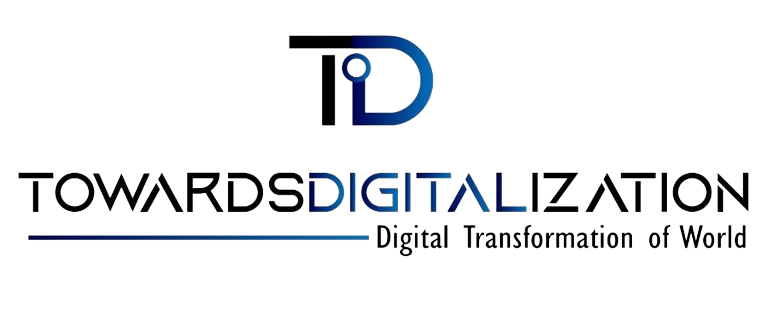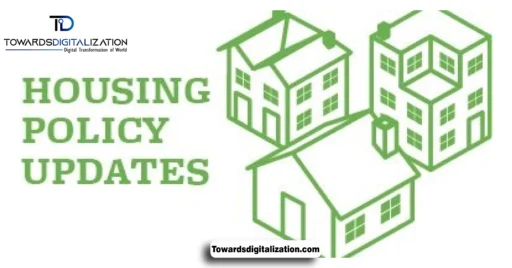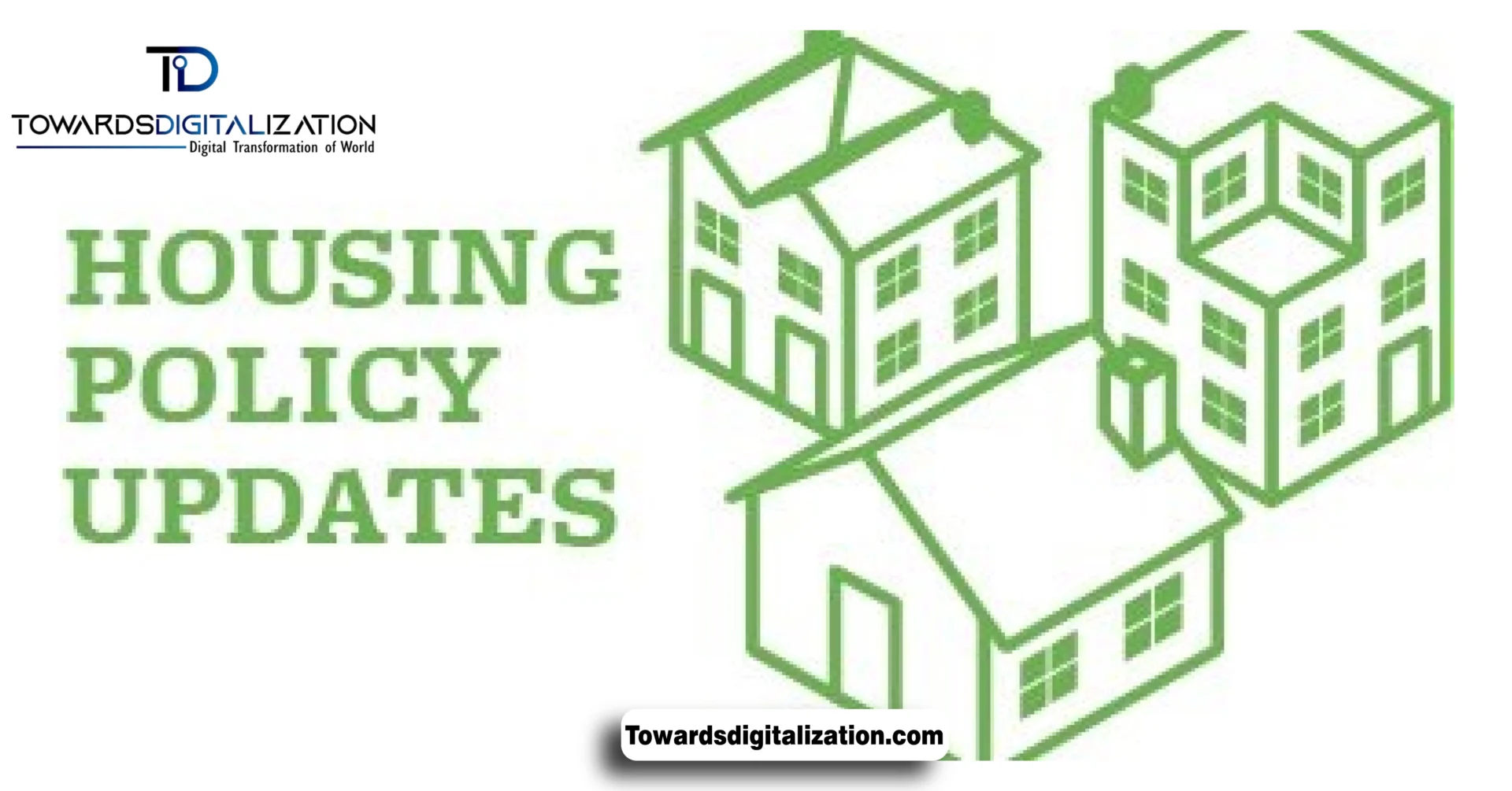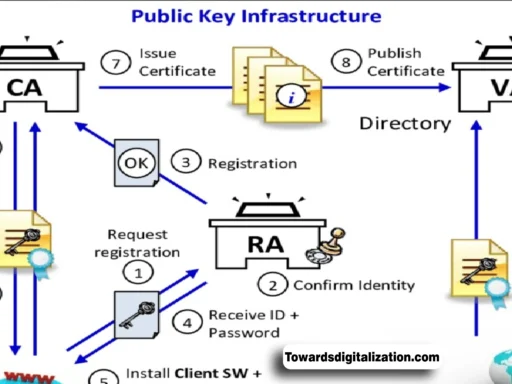Introduction
An organization Hosting and Housing Policy sets forth its rules and requirements for providing safety. Comfortable accommodations to its guests, students and employees. Furthermore, this policy fosters personal and professional development at work.

Short-term rentals such as Airbnb have transformed how we live and move. As they sit at the intersection between city planning and housing needs, their influence on future cities is significant.
This blog will offer the essential principles behind host and housing policies. Furthermore, its focus will include their impact on local communities as well as any possible roadblocks they present.
General Guidelines for Hosting and Housing Policy
Housing and hosting policies are integral in ensuring the security, comfort, and wellbeing of guests, residents or participants in any event. If you’re responsible for organizing events or managing temporary accommodation, creating clear guidelines all parties involved must abide by is crucial for maintaining respect, fairness, and accountability among your attendees or tenants. Here is a short overview of some essential rules usually included within a housing/hosting policy.
1. Eligibility and Application Process
- Criteria for Residence: It is critical that applicants can clearly establish who meets the eligibility requirements to secure housing or accommodation, including employees, students, guests or others. Eligibility criteria could include age requirements or participation in special programs.
- Instructions for Application: Define the procedure for applying, which could include forms, deadlines and supporting documentation. Ensure the application process is fair and transparent toward all potential candidates.
2. Code of Conduct
- Respect for Others: Remind everyone, including neighbors and guests, the importance of treating each individual with dignity and ensuring peaceful coexistence in your neighborhood or establishment.
- Substance Abuse and Smoking: Set clear guidelines regarding alcohol, drugs and smoking on your premises. Most housing policies ban smoking or using substances in living spaces in order to create an atmosphere which is both secure and free from risk.
3. Security and Emergency Procedures
- Emergency Procedures: Outline evacuation plans as well as emergency contact numbers and safety guidelines. Residents should know where alarms, fire exits and first-aid kits can be found.
- Keys and Access Control: Make sure that there are rules surrounding access cards, room keys and security codes – this way you’ll know they won’t be misused without permission.
- Visitors and Guests: It is essential to outline clear rules for guests and visitors, which could include limits on length of stay, registration requirements for visitors, as well as guidelines regarding their conduct.
4. Maintenance and Hosting and Housing Policy
- Responsibility for Residents: Outline which areas fall within the residents’ purview to keep clean (e.g. rooms, specific rooms) while others fall under control of the host entity (common areas and kitchens, for instance).
- Problems and Repairs: Provide guidelines for reporting maintenance-related issues like broken appliances, plumbing leaks or electrical faults to ensure timely resolutions and ensure you understand what you can expect to happen next.
- Cleanliness: If your housing offers professional cleaning services.
5. Hosting and Housing Policy Fees and Payments
- Rates or Rent: Be clear with regard to rent payments, fees for housing and any additional financial commitments such as late charges.
- Refunds and Cancellations: Clearly establish the conditions under which residents may qualify for refunds (e.g. if they decide to withdraw from courses early) as well as any policies regarding these.
Hosting and Housing Policy Standards
Management or oversight of any type of hosting or housing arrangements requires setting clear, uniform and equitable rules to ensure all hosts and guests or residents are treated equally and with dignity. No matter if it’s short-term rentals, long-term housing arrangements or temporary stays, having an established Hosting & Housing Policy lays the foundation for an enjoyable experience – here are some key components you should include in an overall policy on Housing & Housing Policies.
1. Safety and Security
It is of utmost importance for any host or hostess to ensure everyone in their event’s wellbeing, from fire safety regulations to structural integrity standards and local compliance regulations. Consequently, they should make certain their home meets these safety standards to safeguard everyone involved in an event or hosting arrangement.
- Emergency procedures: Emergency procedures provide clear guidelines to residents and guests on what steps to take in case of medical, fire, or natural disaster emergencies.
- Security Measures: The use of security cameras, locks (if applicable) or secure access systems such as keycards or electronic locks to ensure only authorized people enter a facility is essential to its protection and ensure all entries remain open for business.
- Insurance: Hosts must secure themselves with liability insurance in case an injury, accident, or damage occurs during their guests’ stay.
2. Eligibility and Verification
Hosts must create eligibility standards to verify whether residents or guests meet certain safety requirements and are compatible.
- Guest Screening: Hosts have the option to utilize screening procedures like background, reference or review systems in order to ensure their guests staying in their house are reliable and trustworthy.
- Identification Verification: Guests’ identification can help prevent fraudulent or illegal hotel stays by collecting identification documents (such as government issued IDs or social media profiles ) from them.
3. House Rules and Conduct
Establishing house rules is vital to creating an enjoyable living experience for you and your guests. They must be clear, concise and communicated promptly at all times.
- Noise Level: No Matter the Space or Property Noise Restrictions Are Essential All guests or residents must enjoy peace and serenity in a living space shared or an entire property, thus mandating noise restrictions to maintain peace and tranquility for everyone present.
- Respect for Property: Residents or guests must take responsibility for maintaining the condition of property they enter, with specific guidelines outlining how they should handle it and what constitutes misuse or damage.
- Behavior Expectations: Setting limits on behaviors like drinking, smoking and the number of guests allowed can create an enjoyable atmosphere and help lower expectations for all involved.
4. Cleanliness and Maintenance
Maintaining an inviting and welcoming environment is of utmost importance in order to create an atmosphere of comfort and wellbeing, whether inside the building or any common spaces necessary.
- Cleaning Methods: Hosts or experienced cleaning services must arrange a regular schedule of cleaning in their space, while guests must play an active part in keeping it sanitary during their stay.
- Maintenance Requirements: It is crucial that organizations implement an established procedure for reporting and handling maintenance issues ranging from leaky faucets to damaged appliances in order to address them quickly.
5. Check-In and Check-Out Procedures
Clear check-in and checkout procedures make the entire experience simpler and more predictable for both guests and hosts alike.
- Check-In Procedure: When setting the check-in procedure, hostesses should set their dates well in advance. Hosts may opt to automate their processes using keypads and intelligent locks or ensure they have everything ready before welcoming their guests.
- Check-out Instructions: Hosts must provide their guests with clear instructions on what they should expect upon checkout, such as tidying, returning keys or depositing garbage in specific bins.nettoyage.
Booking and Payment Policies
Housing and hosting arrangements require policies for booking and payment to ensure an enjoyable, transparent experience for host and guest alike. Let’s review some of the most frequently used rules and guidelines so you know what you can expect when renting or hosting accommodation.
Booking Policies Reservation Requirements:
Reservation Requirements: Most hosts or accommodation providers require guests to reserve ahead. Depending on availability and type of accommodation, reservations could take place anywhere from same-day reservations up to weeks in advance.
Deposit Policy: To guarantee a reservation, typically between 10%-50% of the cost is required as a non-refundable deposit. This payment ensures that space remains available with your host.
Cancellation Hosting and Housing Policy:
Flexible: Full refund if canceled within a specified period (e.g., 24 hours before check-in).
Moderate: Partial refund for cancellations made a few days in advance.
Strict: No refund for cancellations made after booking or within a short notice period. Be sure to read the cancellation policy before committing to avoid surprises!
Check-In/Check-Out: Early arrivals or late departures might incur extra charges or require prior approval.
Payment Policies
Accepted payment options: Most hosting platforms accept various forms of payments, such as bank accounts, credit cards, PayPal or cash on arrival (this latter option being less popular).
Payment Schedule:
Full Payment Upfront: Required at the time of booking for short-term stays.
Security Deposit:
Many housing companies require a security deposit that is refundable to cover potential damages to the premises and is then returned following an inspection at the end of your tenure that proves satisfactory.
Fees and Taxes:
Additional expenses such as cleaning charges, service fees or local taxes could apply; it is important to thoroughly review all associated costs prior to making your final decision regarding payment.
Refund Policy:
However, in general the cost of services rendered are non-refundable.
Guest Policies
Draft or revising Guest Policies for Hosting or Housing Policies should strive to achieve clarity, fairness, and comprehensive coverage of the most crucial considerations; such as expectations regarding conduct and responsibilities as well as rights. Policies must cover various issues such as booking policies and conduct, security arrangements and dispute resolution mechanisms.
1. Booking and Reservation
Eligibility criteria may include minimum age requirements, identity verification procedures and any documents needed (if applicable). Booking Procedure consists of instructions on how to reserve a room as well as payment terms and cancellation guidelines.
Payment Terms Payment deadlines, refund policies and ways of paying are covered here.
Reserve Confirmation Details regarding what constitutes a confirmed reservation such as deposit payment or confirmation emails are also provided here.
2. Arrival & Check-In
Check-in Times and Early Check-In Charges (if applicable) as well as how to check in (e.g. keys swap or access code) should also be clearly communicated prior to arrival. Identification Requirements The required form of ID proof (such as passport, identity card or government issued passports ) must also be presented upon arriving for check-in.
Guest Behaviour: Committed to respect for others, quiet levels and proper management of the building.
3. Guest Conduct & Responsibilities
Respect for property: Guests should treat their accommodation with care and pay any damage/loss they cause as soon as they become aware.
Noise and Disturbance Limits on the level of noise or parties during quiet hours is crucial.
Smoking & Pets Policies regarding pets as well as smoking on premises (permits, charges or limitations).
Maximum Occupancy and Overcrowding Policies: Maximum Guest Count and Any Related Regulations Respect for Neighbors: To ensure guests abide by community guidelines and maintain peace among neighbors.
4. Security & Safety Solutions
Access to Property Guidelines include keypads, access codes and security devices as well as emergency procedures (e.g. evacuation plans) as well as specific safety guidelines (e.g. using pool appliances or hazards from fire). Safeguarding Procedures include emergency procedures (e.g. evacuation plans) as well as any specific guidelines (e.g. pool appliances vs fire risks).
Responsibility: Guests may be held liable for any damage or loss that may occur during their visit, so be sure to verify any deposit requirements as well as insurance policies before booking their accommodations.
Rules and Regulations
Rules & Regulations for Hosting and Housing Policy is a set of legal regulations designed to regulate the housing of tenants or guests in one home. While specifics can differ between jurisdictions, basic principles remain similar. Below is a selection of rules & regulations.
1. Licensing and Registration
- Short Term Rentals: Hosts may need to register their rental with local authorities and secure a short-term rental license before renting their property out short-term.
- Zoning Compliance: Check that the property complies with local zoning regulations regarding residential or commercial uses before renting the space out short-term.
- Tax Requirements: Collection of occupancy taxes and sales taxes according to local laws is mandatory.
2. Safety and Security Standards
- Fire Safety: All properties should include smoke alarms, fire extinguishers and clearly marked emergency exits as safeguards.
- Health Codes: Maintain cleanliness, hygiene, and compliance with health department regulations.
- Guest safety: Secure locks, adequate lighting, and other measures specified by local laws as required to safeguard guest safety.
3. Property Use and Occupancy Limits
- Occupancy Cap: Adhere to the maximum number of guests allowed in the property.
- Noise Restrictions: Enforce quiet hours to comply with neighborhood noise ordinances.
- Prohibited Activities: Ban illegal activities, parties, or any use of the property that violates local laws.
4. Lease/Rental Agreements
- Terms and Conditions of Stay: Specify length of stay, check-in/check-out times.
- Deposits: Specify security deposits and conditions for refund.
- Rules of Conduct: Include house rules such as smoking policies, pet restrictions, or parking arrangements.
5. Liability and Insurance Policies
- Insurance Coverage: Secure the property against damages or liabilities during guest stays by maintaining an insurance policy to cover damages or liabilities that arise during their stays.
- Host Responsibility: Establish what responsibility rests with the host regarding injuries or losses sustained as guests stay with them.
These rules should be tailored to align with local, state and national laws. Consult legal professionals or property management experts in order to comply with any specific requirements in your region.
Dispute Resolution
Initial Dialogue:
Parties should first attempt to resolve their differences through direct discussion.
Mediation:
If direct communication proves ineffective, an impartial third-party (mediator) can be hired to facilitate a resolution.
Written Complaint:
If mediation fails, you should submit a formal, written complaint outlining your dispute and desired outcomes.
Arbitration:
If a dispute cannot be settled through negotiation, both sides may agree to submit it for arbitration.
Legal Action:
As a last resort, legal action may be pursued based on the terms of your housing or hosting agreement.
Time Limits:
Disputes must be resolved within an agreed upon timeline.
Costs:
Each party is responsible for his/her own costs unless otherwise agreed upon.
Confidentiality:
All parties involved must uphold confidentiality during the dispute resolution process.
Privacy & Data Protection
Hosting platforms are maintained with the highest level of privacy and security; sensitive or personal data is only collected as necessary to provide services, encrypted, and stored safely. We adhere to applicable data protection laws such as GDPR, with access being strictly governed in order to prevent unwarranted access; data is retained only as long as necessary before being safely deleted.
Insurance & Hosting and Housing Policy Liability
Insurance and liability policies related to Hosting and Housing Policy services may vary greatly, depending on your industry, jurisdiction and the services that you offer. But I will provide an overview.
1. Liability & Hosting and Housing Policy Insurance
Hosting services, whether shared, dedicated or cloud-based, generally require liability and hosting insurance in order to mitigate risks related to data breaches, service disruptions and any issues which could affect clients or customers. Host providers should consider taking out various coverages including:
Types of Insurance for Hosting and Housing Policy Providers
- General Liability Insurance: Protects providers against legal costs and claims related to personal injuries or property damages that might occur as a result of their hosting services; for instance if one of their clients alleges that your servers damaged their website.
- Professional Liability Insurance (Errors & Omissions coverage): Protects against claims related to errors, negligence or omissions made against your hosting service. This coverage will provide protection should server downtime cause significant losses for a client.
- Cyber Liability Insurance: Cyber Liability Insurance is essential for hosting providers who store or manage sensitive data. This coverage covers data breaches, hacking attacks and other cyber threats as well as customer notification services such as credit monitoring or fraud monitoring.
- Product Liability Insurance: If you provide physical hardware, such as colocation hosting services, you may require product liability insurance in order to cover damages caused by its operation.
- Business Interruption Insurance: Protect yourself financially if your services become temporarily unavailable due to issues like power outages or cyber attacks.
- Property Insurance: Shield servers and infrastructure within data centers from theft, fire or any other disasters that might threaten them.
Liabilities in Hosting and Housing Policy
- Downtime and Service Interruptions: Should your Hosting and Housing Policy service experience significant interruptions that cause customers to incur business disruption costs, then damages could become payable against your host service.
- Corruption or Data Loss: If any of your client’s data has been lost, stolen, or corrupted without a backup solution in place you could be held liable.
- Security Breaches: Its Data Breach If you fail to protect or are negligent when protecting it this could result in lawsuits and financial losses for both yourself and the business involved.
- Content Violations: Host illegal or prohibited material such as pirated materials or content which violates intellectual properties laws could lead to legal action being taken against you.
2. Hosting and Housing Policy & Insurance
Regardless of whether you provide long-term or short-term accommodations (Arbnb style), different liability and insurance considerations come into play when providing housing. Usually these policies cover both tenants as well as visitors staying on your property.
Types Of Hosting and Housing Policy Provider Insurance
Property Insurance: Property insurers provide protection for damage to buildings caused by fire, vandalism or accident; this policy typically also extends to any contents inside. It provides peace of mind.
Liability Insurance: Protects against injuries claims filed by guests or tenants while on your property, covering legal and medical fees should someone be injured while visiting.
Tenant Insurance: Renters’ Insurance can help protect personal property, theft and any liability claims associated with renting space.
Loss Rent Insurance: Covers rental income if an insured event (e.g. a fire) renders it uninhabitable resulting in inaccessibility of rental space for an indefinite period resulting in unavailability for rental use.
Flood and Earthquake Insurance: Flood and earthquake policies are important. If you reside in a region susceptible to earthquakes and floods. many property policies don’t cover these natural disasters as part of basic property coverage.
Liabilities of Hosting and Housing Policy
- Injury on Premises: When an injured tenant or guest suffers an injury.Their property due to poor maintenance, unsafe conditions or other causes. That were beyond the landlord’s control, they could hold them liable.
- Maintenance & Repair Obligations: When owning or managing a rental property, your primary responsibility should be keeping it in good condition for tenants. Failing to address hazards like broken steps or defective wiring could lead to lawsuits and should always be addressed as quickly as possible.
- Eviction procedures: Landlords must follow legal protocols when evicting tenants. Any failure to adhere to proper procedures could result in legal claims and penalties against you as a landlord.
References About Hosting and Housing Policy
OWASP Foundation
Best practices for web application security: https://owasp.org
ISO 27001 Standards
International standards for information security management: https://www.iso.org/home.html
PCI DSS Guidelines
Security standards for payment card data protection: https://www.pcisecuritystandards.org
Google Web Security Resources
Security fundamentals for web developers: https://developers.google.com/web/fundamentals/security
NIST Cybersecurity Framework
Guidelines to improve cybersecurity risk management: https://www.nist.gov/cyberframework








